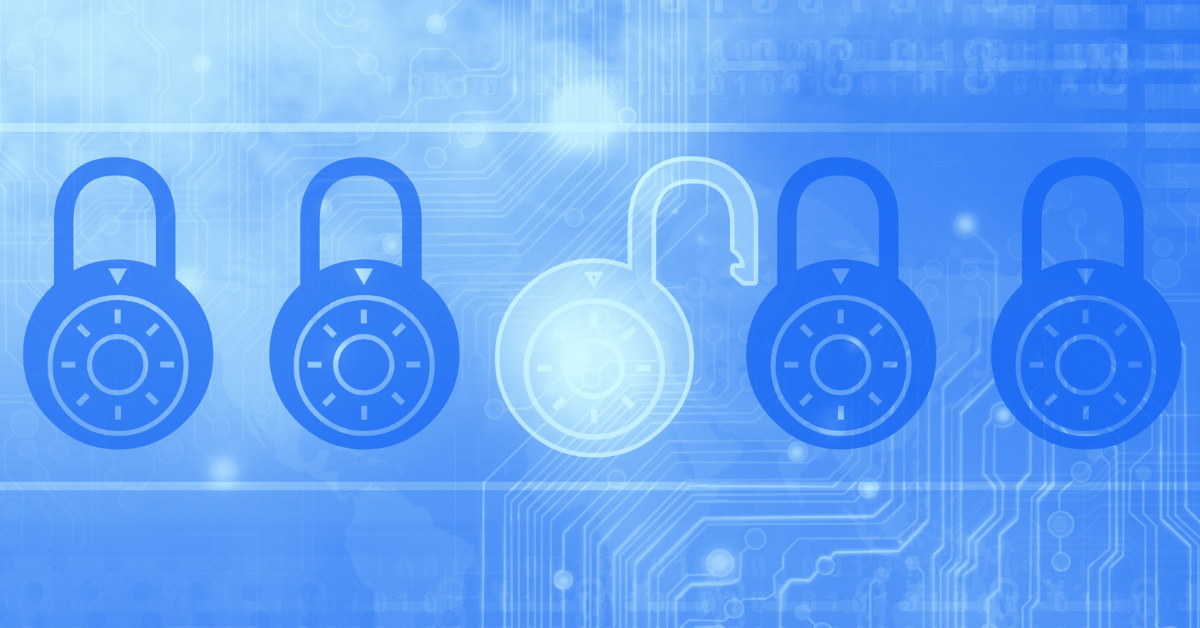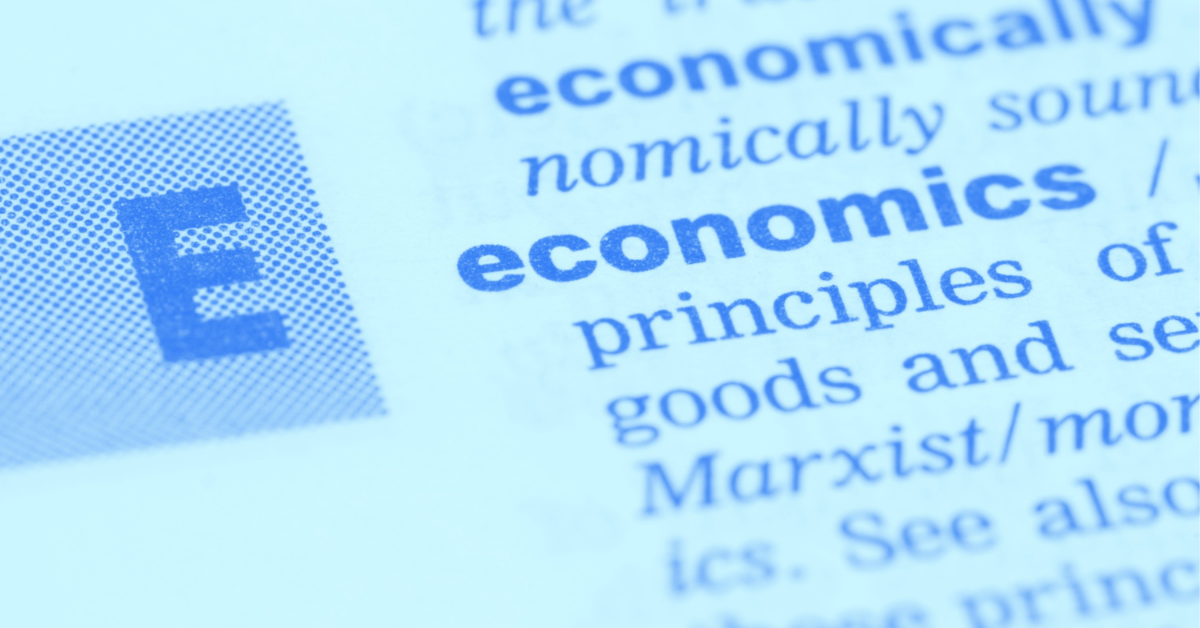These days, there are more ways than ever to buy or sell something online—and, unfortunately, more ways than ever to get scammed.
There’s been a lot in the news about ticket scammers and rental scammers who have used Craigslist (or Facebook Marketplace, or eBay) to lure people into putting big money down for things they’ll never get. Criminals are getting more and more clever in ways to get our money.
But it’s not just as a buyer that you need to be aware. In my area, a recent spate of scammers targeted people who are selling things on Craigslist. This is how those scams have played out:
- A price is agreed to through email
- The “buyer” can’t show up in person, so sends a check
- The check is an over payment—for “movers” who are going to come pick up the item
- The check is deposited—and “clears” … but even though the funds are available for withdrawal in the seller’s bank account, it doesn’t stay that way
Meanwhile …
- The “buyer” changes their mind and asks for the money back
- The unwitting seller, at this point with extra cash in their account, goes out of their way to get the money back—say, via Western Union, gift cards or otherwise
- Days later, the check bounces, and the seller is out their own money
A victim of one of these scams reached out to the bank that had in essence “cleared” the check the scammer sent to try to get compensated for some of what money was lost. They had no luck. So, do beware: Even if a check is ready for withdrawal quickly, it does not mean the check was legitimate. Contact your own bank for reassurance if you are ever unsure.
It’s certainly easy to get caught up in just wanting to get whatever it is you’re trying to sell off your hands. But even by just posting an ad, you’re providing information for scammers to use to their advantage—they might have your name, your phone number, your email address, and your physical address without too much trouble. Craigslist offers its own list of things to watch out for to avoid scams, including:
- Beware offers involving shipping— deal with locals you can meet in person.
- Never wire funds (e.g. Western Union)— anyone who asks you to is a scammer.
- Don’t accept cashier/certified checks or money orders—banks cash fakes, then hold you responsible.
- Transactions are between users only, no third party provides a “guarantee.”
- Never give out financial info(bank account, Social Security, PayPal account, etc).
Beyond buying and selling through the internet, here are some additional ways to monitor your activities and protect yourself from identity theft:
Check your credit score regularly. You’re entitled to a free copy of your credit report every 12 months from each of the three nationwide credit reporting companies.
Keep a close eye on your accounts. If you notice any unusual activity, contact your bank. And check your credit cards for their policies on identity theft.
Keep credit cards at home if you don’t need them in your wallet. Having your wallet stolen is difficult in any circumstance, but if you can’t remember which credit cards were inside, it’s much more difficult to control the damage.
Put password protection on your phone. There is probably a lot of sensitive information on your phone, but a recent study showed more than half of consumers don’t use password protection.
Use unique passwords for online accounts. Either stay on top of generating unique, complex passwords yourself—or use a password manager that “remembers” your log-in details for you. PC Magazine put out a list of the best free password managers for 2019.
Watch out for “impostors” including tech support scams, IRS imposter scams, and phishing emails.
And if you have been the victim of identity theft, check out IdentityTheft.gov, a one-stop resource that offers checklists and sample letters to guide you through the recovery process.


 About the Author
About the Author

